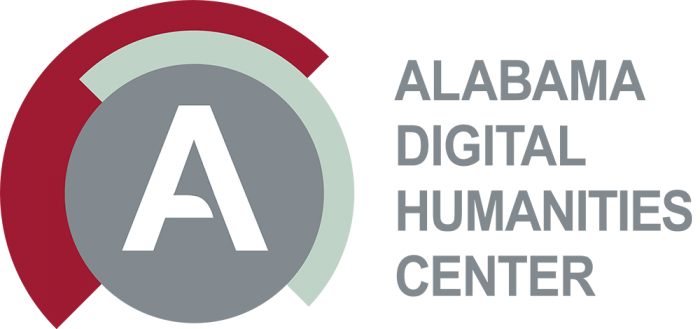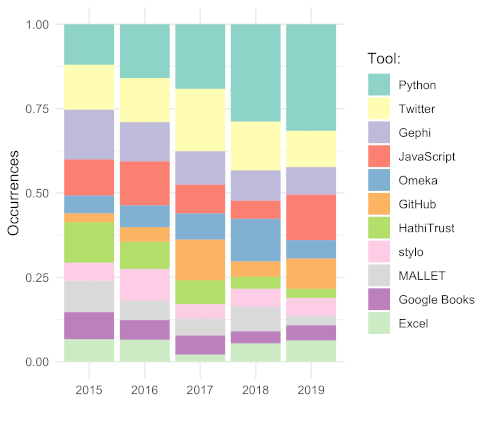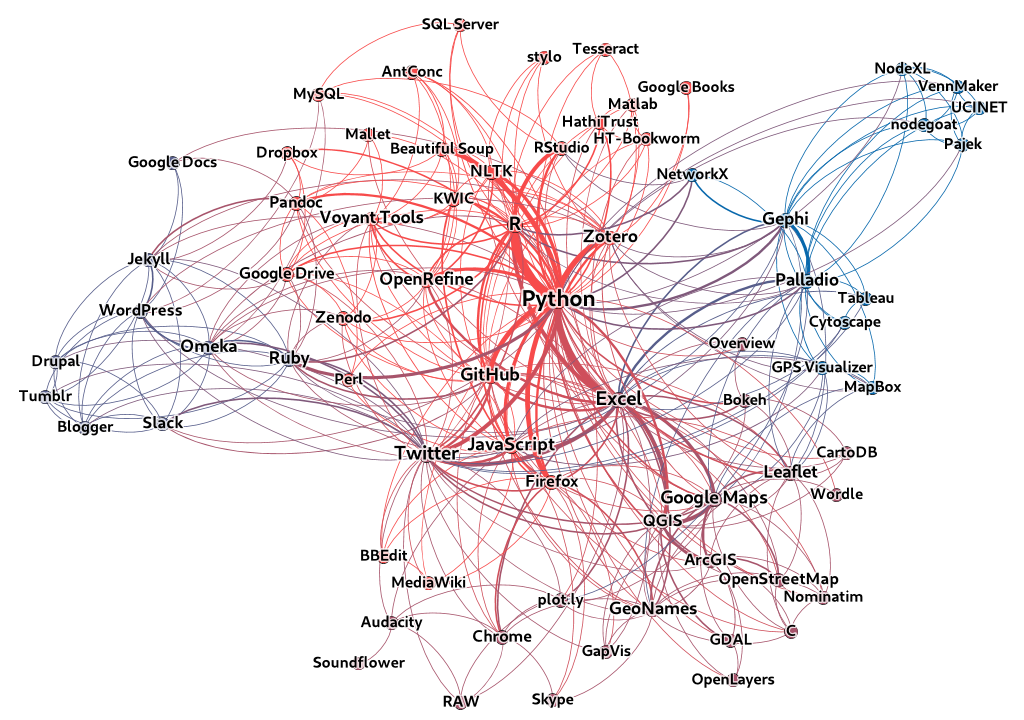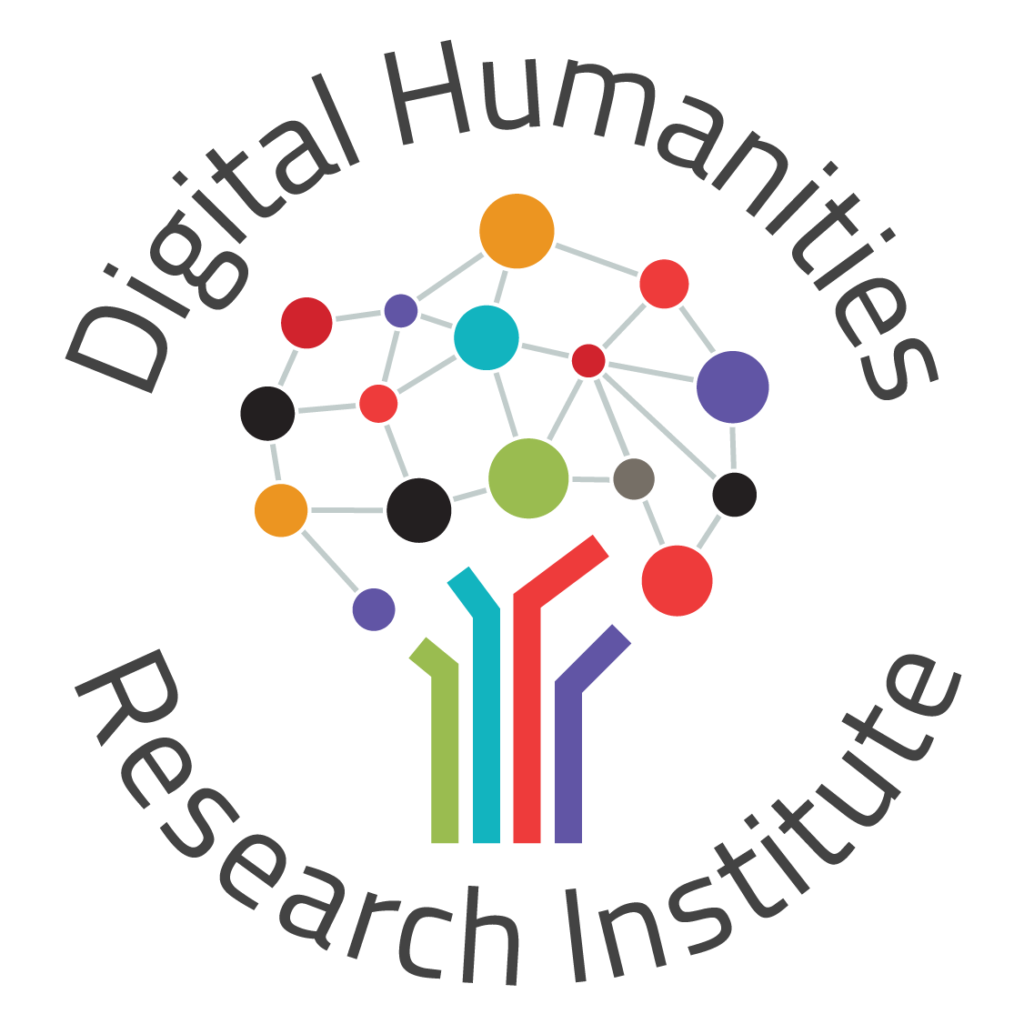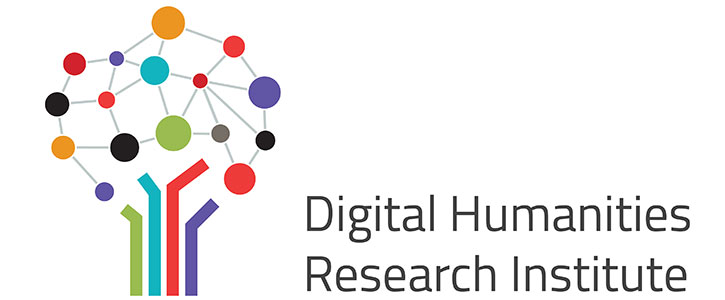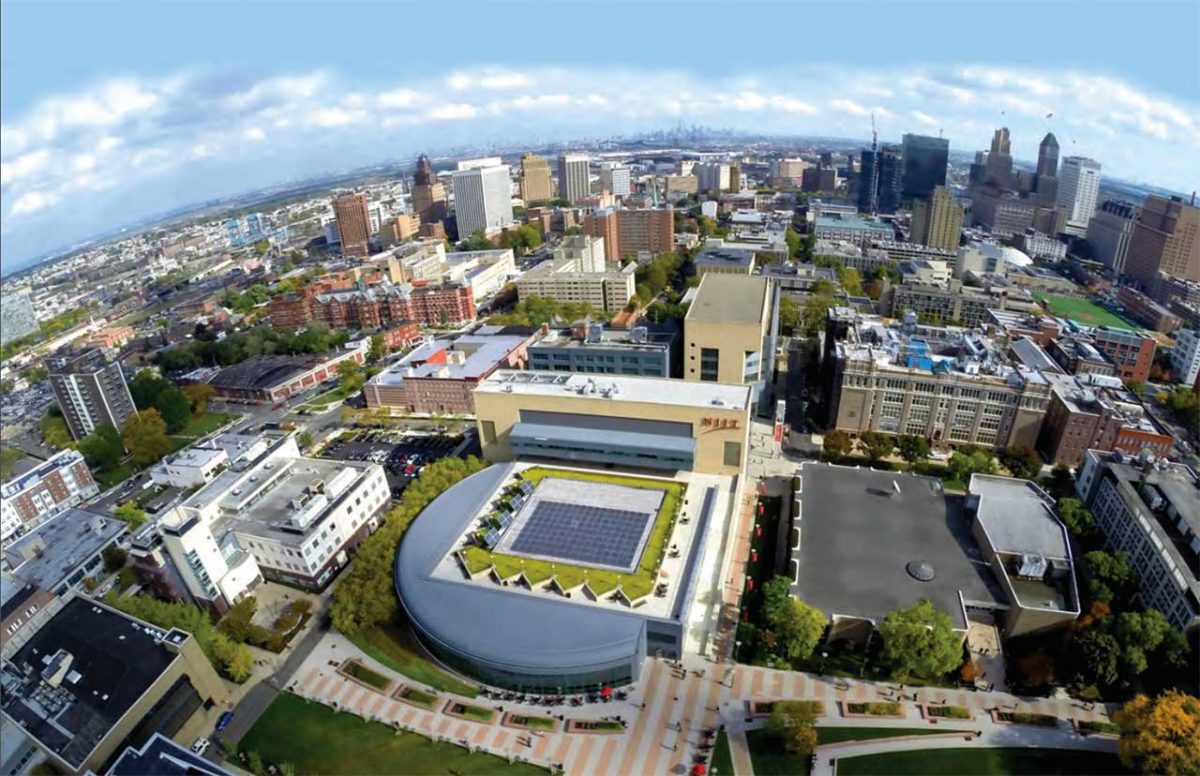The Center for Digital Scholarship (CDS)
at the American Philosophical Society Library & Museum in
Philadelphia invites applications for Digital Humanities Fellowships.
These fellowships, for up to 2 months, are open to scholars at all
stages of their careers, including graduate students, who are developing
digital projects that: 1) utilize the APS Library & Museum
collections, open datasets, or other APS holdings to advance a digital
component of an independent research project, or, 2) seek to apply
existing tools and expertise to digital projects developed in
collaboration with the Library & Museum’s Center for Digital
Scholarship.
Successful applicants will receive a stipend of $3,000 per month for a minimum of one month and a maximum of two months.
Recent
examples of collaborative projects have focused on the Center’s Open
Data Initiative and have explored datasets created from Benjamin
Franklin’s postal records, indenture records for servants and
redemptioners coming through the port of Philadelphia during the 1770s,
and a network visualization of correspondence networks of women
scientists found in the APS’s collections.
The APS Library &
Museum’s collections make it among the premier institutions for
documenting and exhibiting the history of the American Revolution and
founding, the history of science from Newton to NASA, Native American
languages and culture, and the development of American anthropology. The
Library & Museum houses over 13 million manuscripts; 350,000
volumes of printed materials and bound periodicals; 250,000 images, fine
art, and other objects; thousands of maps and prints; and more than
3,500 hours of audio recordings of Native American languages.
Comprehensive, searchable guides and finding aids to our collections are available online at www.amphilsoc.org/library and http://amphilsoc.pastperfectonline.com/.
The
Center for Digital Scholarship promotes the holdings of the APS Library
& Museum through digitization, digital humanities, and the
development of tools and software. We partner with scholars,
institutions, and students from across the country to explore what
digital scholarship means in a small, independent research library. We
ask questions about our role within the field of digital scholarship,
and we find answers through practice and experimentation. To learn more
about the Center for Digital Scholarship, and to explore our recent
projects, please visit us here.
All application materials will be submitted online via Interfolio (https://apply.interfolio.com/69515) by Friday, March 6, 2020 at 11:59 pm EST.
Applicants must submit:
- Cover letter
- Curriculum vitae
- Proposal
for a digital project including a detailed work plan and a proposed
timeline for the fellowship term (no more than 4 double-spaced pages)
- Examples of previous digital humanities projects (if available)
- Two confidential letters of reference
Contact
regarding the Fellowship program and the American Philosophical Society
Library & Museum may be directed to Adrianna Link, Ph.D., Head of
Scholarly Programs, at alink@amphilsoc.org or by phone at 215-440-3415.
Applicants: Please use Interfolio’s help desk for any issues pertaining to the online application process.

